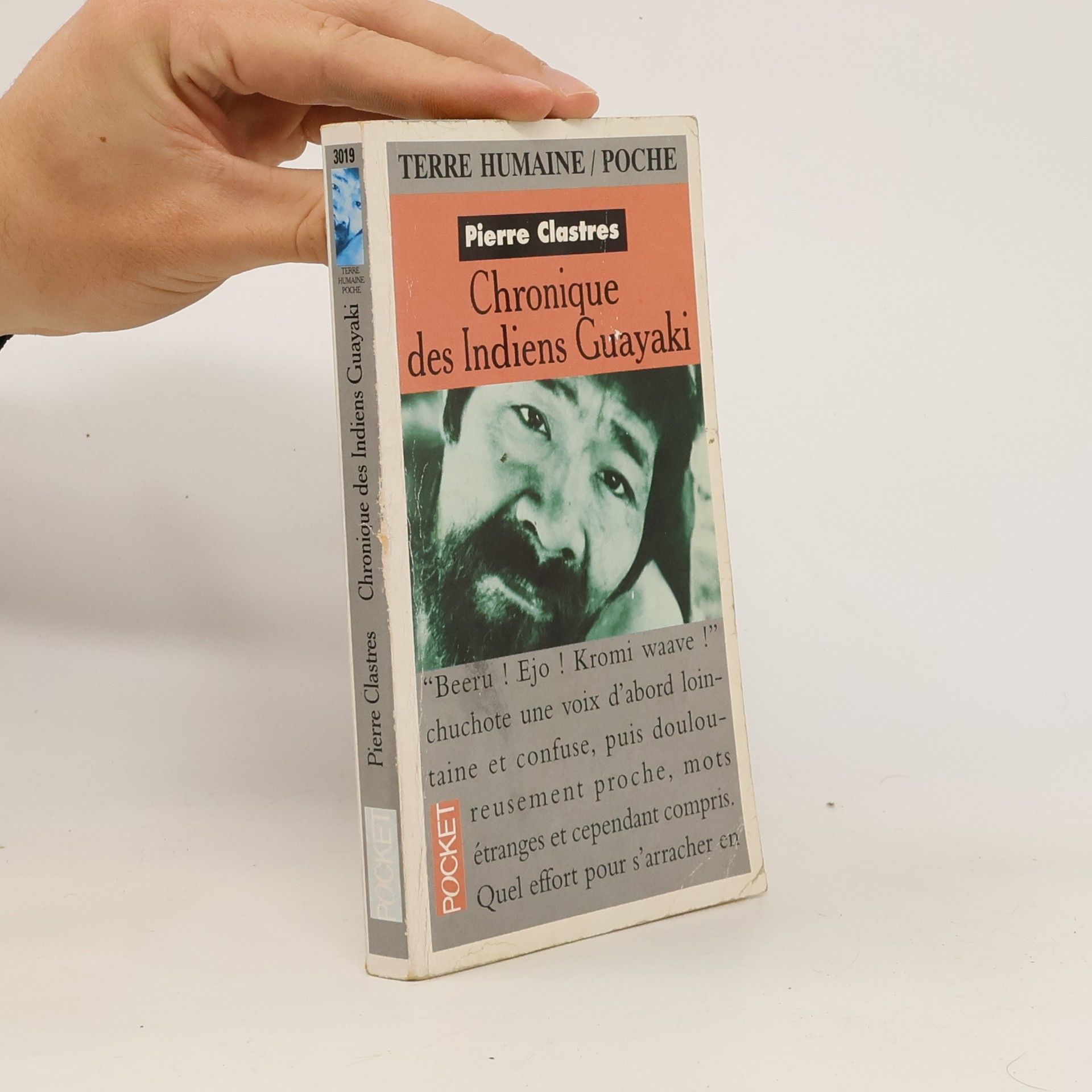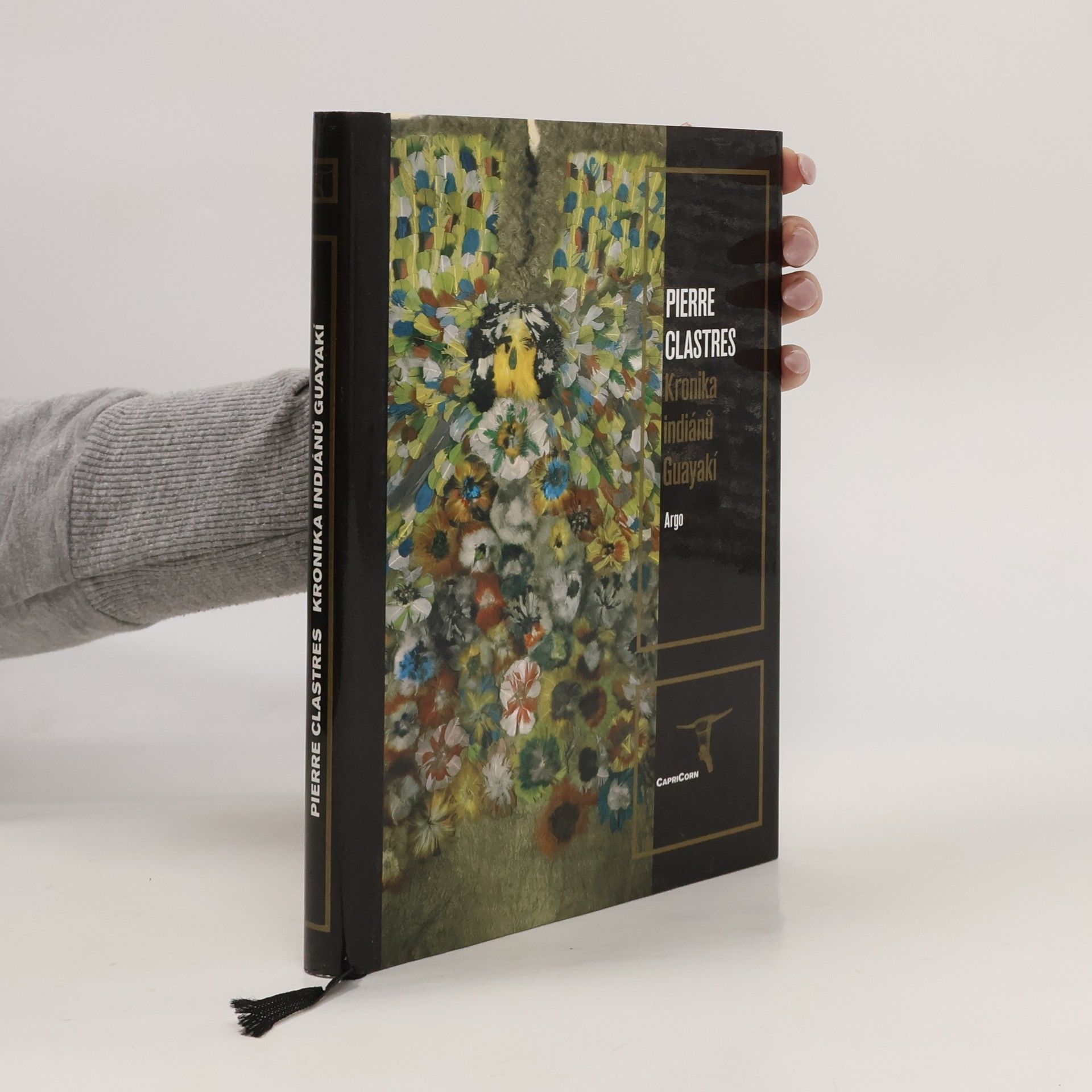Archeology of Violence
- 335 pages
- 12 hours of reading
Review: "The War machine is the motor of the social machine; the primitive social being relies entirely on war, primitive society cannot survive without war. The more war there is, the less unification there is, and the best enemy of the State is war. Primitive society is society against the State in that it is society-for-war." Anthropologist Pierre Clastres significantly influenced Gilles Deleuze and Felix Guattari's Anti-Oedipus and contributed to political anthropology. The posthumous publication of Archeology of Violence in 1980 compiled Clastres's final essays and the opening chapters of a book he began before his death in 1977. Building on his earlier work, Society Against the State, Clastres critiques his mentor, Claude Levi-Strauss, and challenges Marxist anthropology and other Western models of "primitive societies." He rejects the notion that violence among South American Indians stems from resource scarcity, instead arguing it serves as a deliberate strategy for territorial segmentation and preventing State formation. By intertwining the political and social spheres and ensuring tribal chiefs remain dependent on their communities, the "savages" Clastres describes emerge as astute political actors who preemptively resist globalization efforts.



